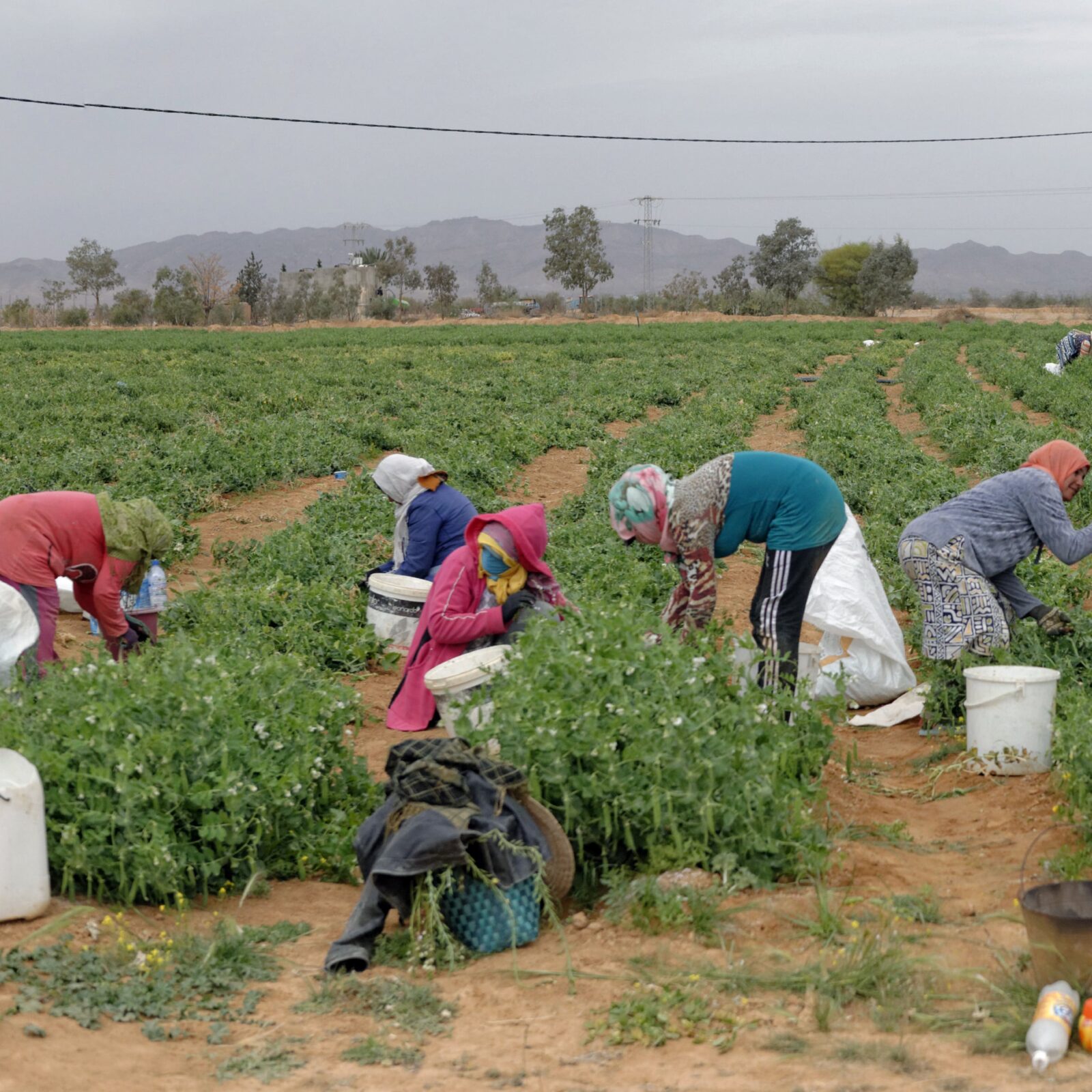About the research
The aim of this project is to focus on mitigation strategies implemented since the lockdown, government and non-government responses to COVID-19, and on their impact on vulnerable communities in Tunisia. The study will synthesize existing literature (including recent survey results) and be based on interviews with various stakeholders in order to assess their perceptions, highlight potential knowledge gaps, and provide new directions for policy.
Planned activities
- Literature review and survey analysis (secondary source).
- Interview with governmental and non-governmental actors.
- Computation of indicators not provided by the literature by using raw data (LFS).
- Highlighting the differences between the frst wave and the second wave in terms of management of the crisis and socio-economic consequences.
- Disentangling the consequences of structural factors from those of the pandemic.
- Assessing which government policies were considered effective or not and how local responses were perceived (innovations, coordination).
- Studying the consequences of government change on marginalized and vulnerable groups during this pandemic crisis.
- Provide statistics on access to basic services and access to government support policies.
